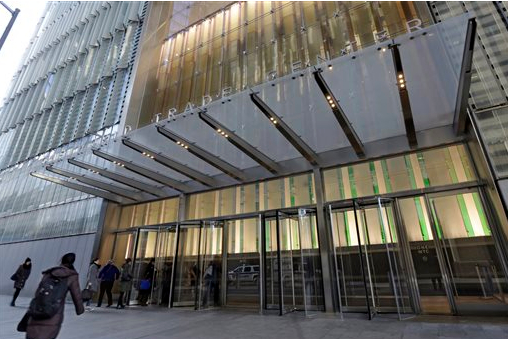World Trade Center stair climb will benefit wounded veterans

The first stair-climb race at One World Trade Center — the nation’s tallest building — will raise money for military veterans struggling with combat-linked disabilities, two foundations formed after the 9/11 attacks announced Monday.
Officials of the Stephen Siller Tunnel to Towers Foundation and the Captain Billy Burke Foundation detailed plans for the athletic event at Burke’s firehouse, Engine Company 21 in midtown Manhattan. Burke lost his life on 9/11 along with Firefighter Stephen Siller from Squad 1 in Park Slope, Brooklyn.
Proceeds from the May 17 tower climb will support service members who’ve been catastrophically injured in war and help educate children who’ve lost a parent. The money also will help build 200 new homes for veterans with the worst disabilities, mostly triple or quadruple amputees. About 40 houses have been completed.
